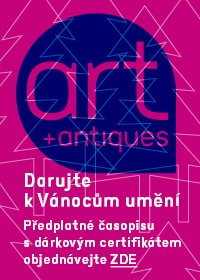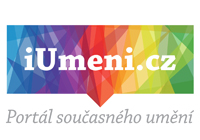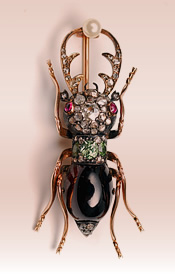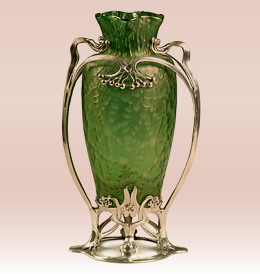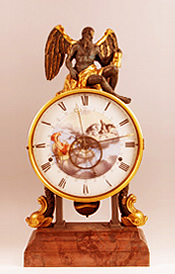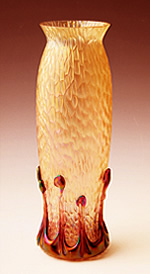Deontological (ethical) code
Deontological (ethical) code in international fine art trade.
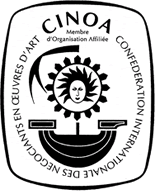
- Due to world-wide fears from stolen fine art and antique objects dealings and illegal exports of such objects, the CINOA desires following doctrines to be set up in pursuit of dealership in antiques and fine arts.
- Members of CINOA participant organisations are obliged to conceivable extent not to take part in import, export, or sale of such fine art objects, where is rationale suspicion, that
- the seller is not entitled to deal with such object, especially if the object was acquired from a robbery of by another dishonest way,
- the imported object was acquired or exported in contradiction to regulations valid in the country of origin,
- the imported object was dig out without respective permission or illicitly acquired from archaeological findings or from monuments or protected localities or otherwise escaped from official control.
- The fine art and antique dealers accept obligation not to exhibit, describe, estimate or store such objects and thus prevent illegal sales and exports, instead of encouragement of such deals.
- In a frame of legal competence the fine art dealers shall more effectively strive for return of such objects to the country of origin - if the illegal export is proven and if such return shall be required in reasonable term - and in case of legal acquirement, to require adequate compensation.
- The members of CINOA participant organisations adhere the aims set up by fine arts protection laws. In conformity with their professional principals defined in CINOA Charter, the members undertake to restrain from dealing with objects of declared protected materials in conformity with Washington Convention of 1975.
- The breach of this Code shall be disciplined by participant organisations without any respect to breaching persons.
Approved by General Meeting in Florence on 25. 9. 1987
Ratified by AS General Meeting on 15. 3. 1997

